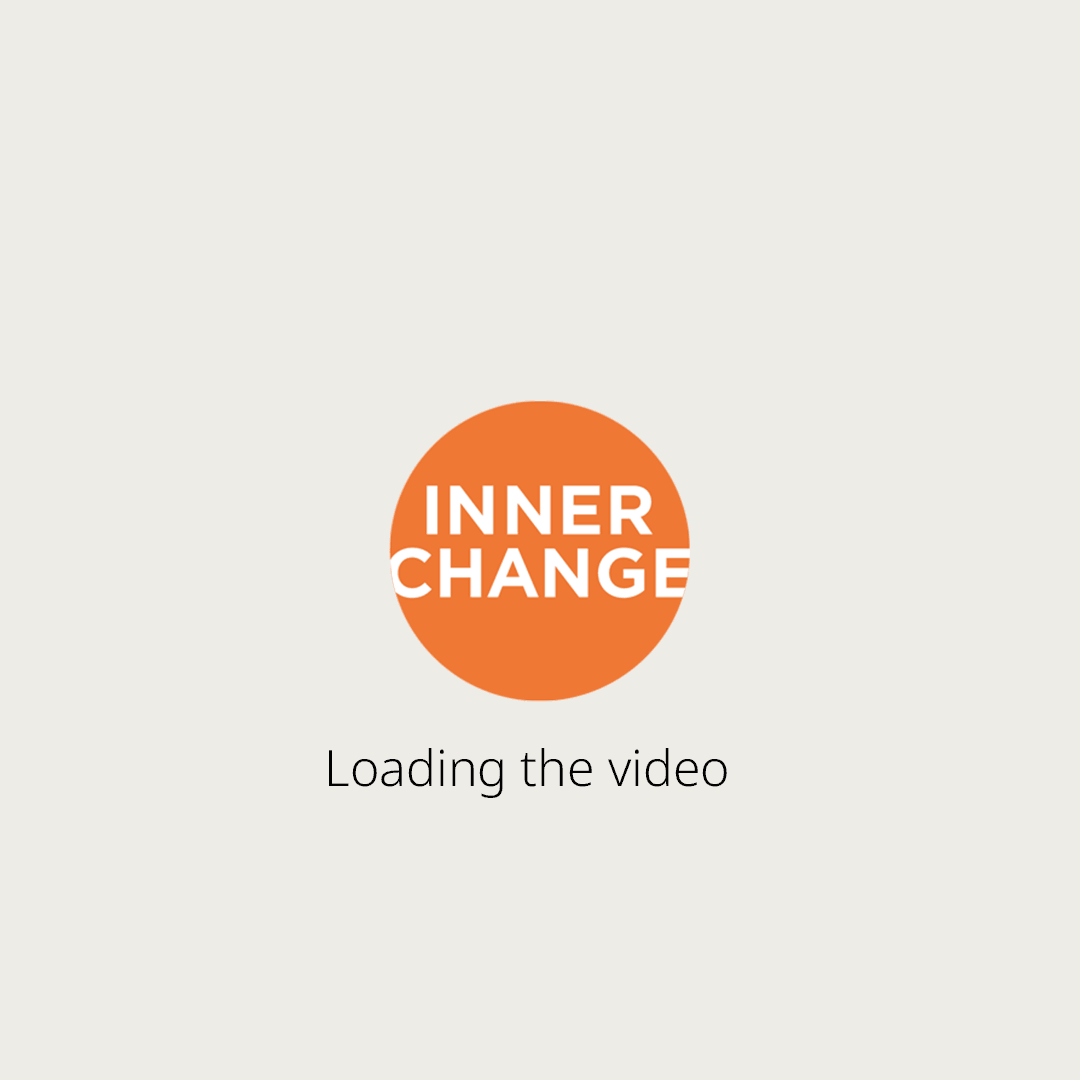When we start to think about forgiveness there are a variety of different areas of our brain that are part of that process. So for example part of what has to happen initially is that you have to have some kind of injury right. Somebody has to hurt your feelings or hurt you either psychologically or physically and you have to be able to recognize that injury. You have to have a memory of that injury and you have to understand how that injury is related to another person that they did this that they're responsible for that. Those are three very important cognitive processes if somebody for example has Alzheimer's disease and you go in and you insult them and then you walk out of the room and come back a few minutes later and they don't remember. That's not forgiveness that's just that they forgot. So part of it is being able to remember the injury to be able to use our emotional centers to feel the injury. And that's very important.
And then ultimately how we try to process through it that is a very essential aspect of forgiveness as well. And there are different ways of doing that. For some people it can be a recognition that well we're all human beings. We're all imperfect. And so I'm not perfect. The other person is not perfect, I'll forgive them. Sometimes as you mentioned with some of the more religious individuals sometimes it is a religious process. It is the notion that we must follow what God tells us to do, or we are all God's children. And even though this person has done something very bad to me, they are still a creation of God and I will forgive them as part of that process and let God deal with them separately. That's not for me to make that kind of determination. So there can be many others as well.
And ultimately what happens is that forgiveness process eventually leads to very positive emotions for both the individual because you feel like you have now done something beneficial and you have forgiven them. And also sometimes engender's positive feelings and others or certainly in people in the rest of the world or the rest of the community who recognize that instead of trying to exact revenge which is the other alternative you decided to do something that was more loving and compassionate and they realized that your beliefs and your ideas about how people should be dealt with may be much more powerful and more important than those people who espouse hatred.
